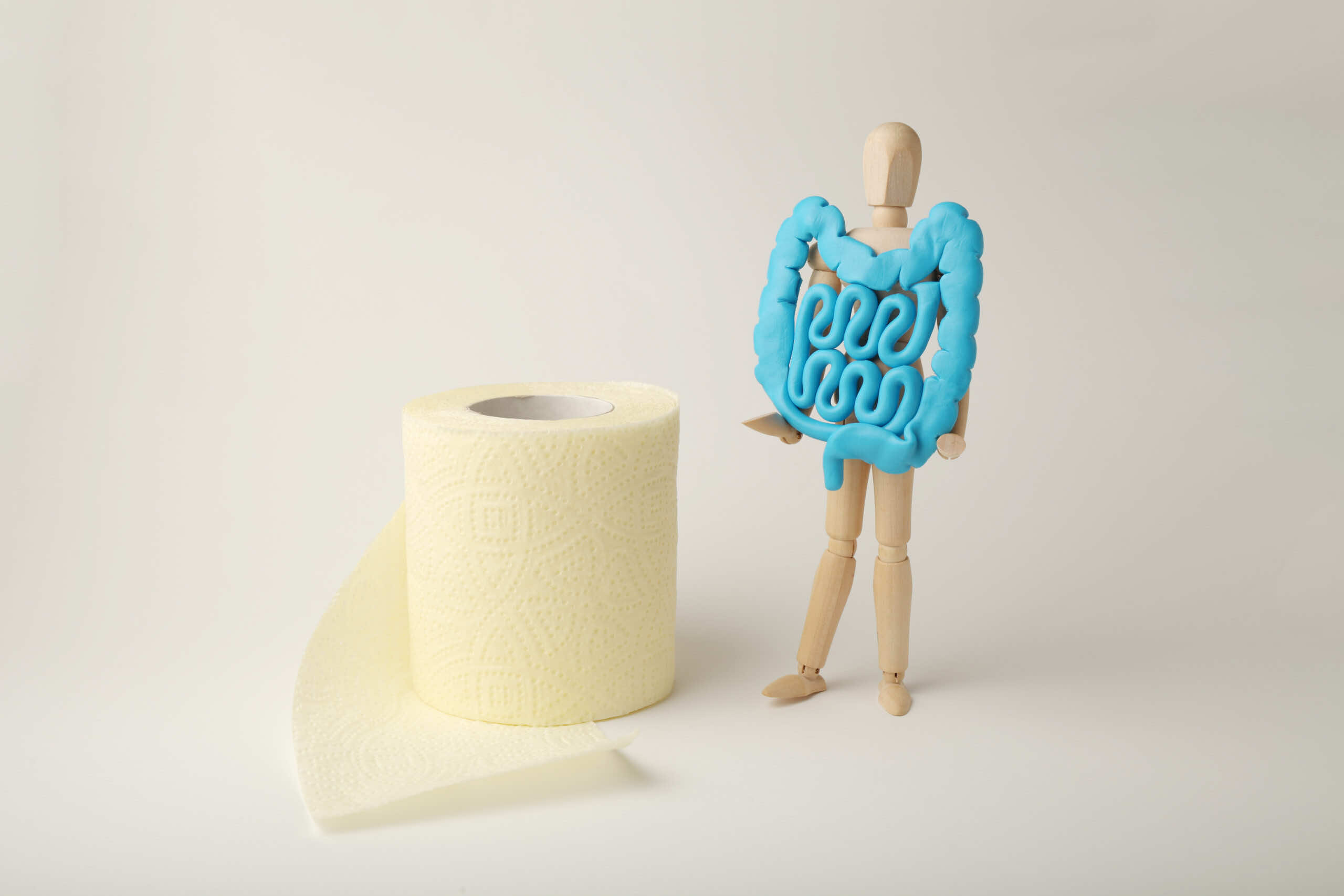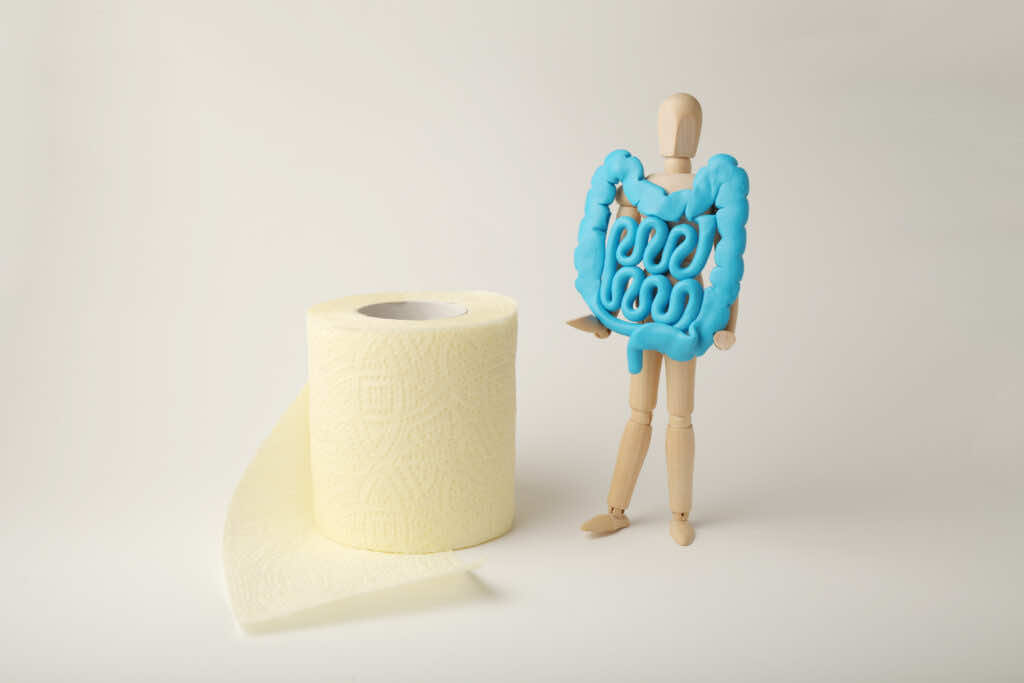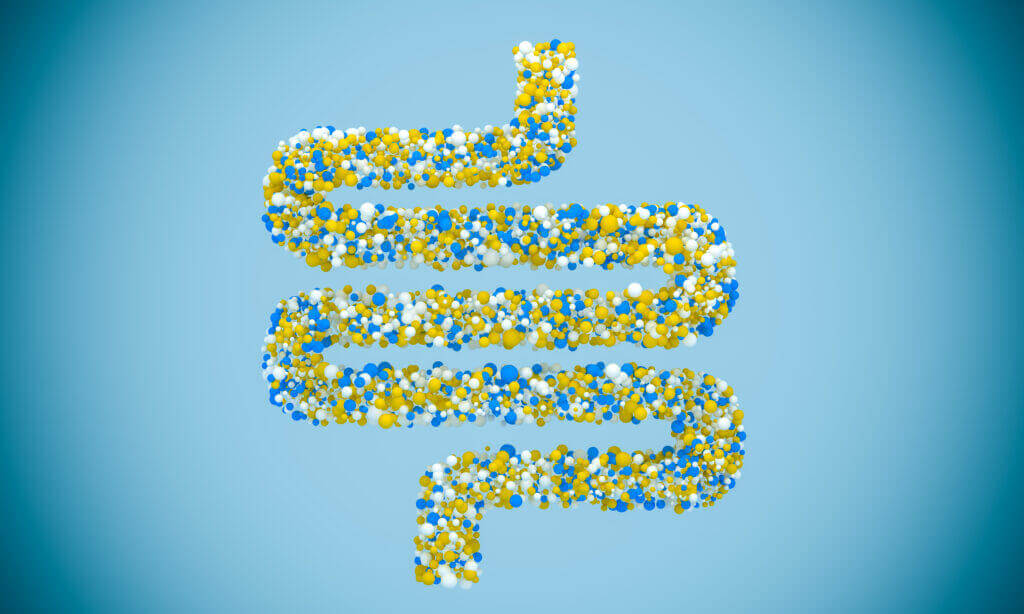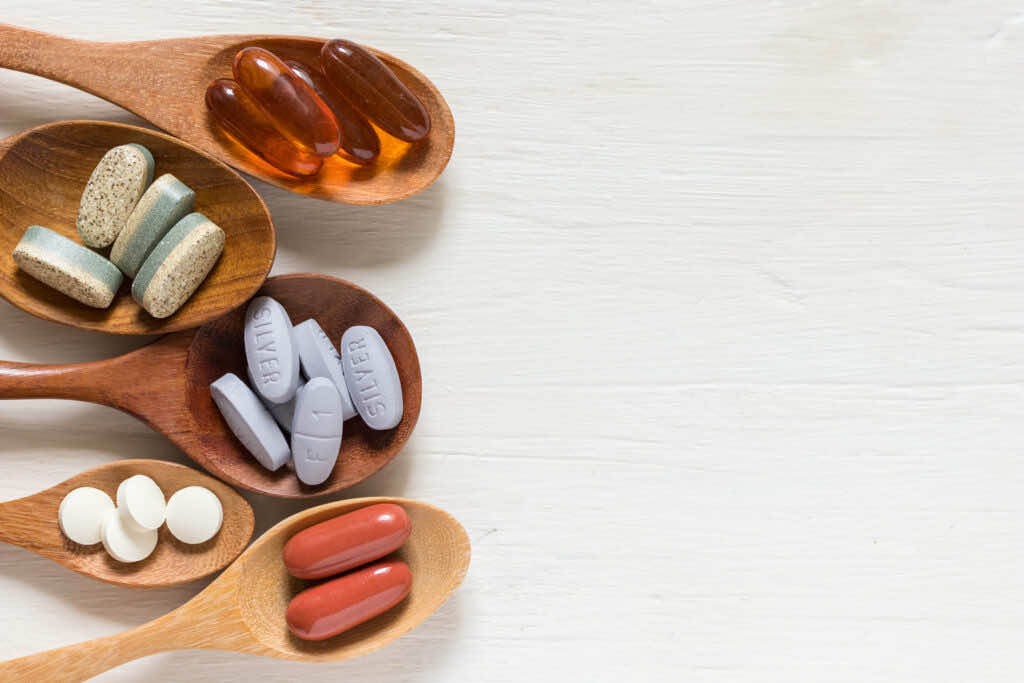
Best Probiotics For Constipation: Get Moving Again


Best Probiotics For Constipation: Get Moving Again
It isn’t just the fact that you cannot go to the bathroom; everything else goes along with it. You sometimes have cramping and discomfort that debilitate you – standing doesn’t relieve them, sitting doesn’t help, and lying down can worsen it. You also face bloating, noxious gas, and discomfort when you strain to go to the bathroom. Some people can finally go to the bathroom, only to meet loose stools. It can be extremely harmful to your life – it impacts your social life, romantic prospects, and even your financial security. Few people have been able to control their constipation with their diets, which leads to boring, bland, and extremely limited diets. As a result, you may not be able to get the nutrients you need.
If you are experiencing constipation, know that you aren’t alone. Unfortunately, many people live with regular or occasional constipation. However, there is hope for you – the best probiotics for constipation can help you become more frequent, introduce foods into your diet, and even get your life back on track.
Probiotics naturally help you to go to the bathroom regularly and more completely. They are gentler and sometimes more effective than OTC laxatives which can cause addiction and bodily harm. Probiotics will support your gut health and nutrient absorption and make your bathroom trips more comfortable. Your body knows how to care for itself – so why not add to what you naturally do? You want to supplement your body, not override it. Since your body creates probiotics already, you can be easier on it by adding a probiotic for constipation.
For more information about probiotics from BiOptimizers, CLICK HERE.
What Causes Constipation?
If you have constipation, your bowel movements cause straining, are hard to pass, and do not happen on a regular schedule. While almost everyone has bouts with constipation, some people live with it for their entire lives. So while it isn’t necessarily serious (unless you are straining so much that you cause damage to your body), you don’t always feel great when you are “backed up,” so to speak.
Now, there isn’t a set “normal” schedule for people – but everyone has their own normal. For example, some people will go to the bathroom every day at 7 AM. Other people might go three times a day. Whatever is normal for you is normal. However, going more than 72 hours without going to the bathroom is often too long based on a modern diet. Worse, the longer you go, the harder it gets to go to the bathroom, as the waste has hardened.
Someone who has constipation may have other issues as well. This includes bloating, trouble going, hard stools, small stools, and sometimes the most annoying fact that your bowel movements feel incomplete.
Constipation happens for many reasons, such as changes to what you eat, not getting enough fiber, not drinking enough water, holding your bowel movements in, stress, eating too much dairy, using too many laxatives, certain medications, eating disorders, pregnancy, cancers, muscle disorders, irritable bowel syndrome (IBS), neurological disorders, hypothyroidism, amongst others.

How Do Probiotics Help With Constipation?
Certain probiotics are most helpful in supporting regular bowel movements, especially Lactobacillus acidophilus and Bifidobacterium lactis. These are two of the most prevalent probiotics in your body that help remove waste. Not only do they help keep things moving smoothly, but they can also stop gas production, which is often an unfortunate byproduct of constipation. In addition, any probiotic usage can help make going to the bathroom easier because when your gut is healthy, the rest of your body just moves better. But, once again, it is always better to deal with the cause of the problem and not just mask the symptoms.
That isn’t to say that you will see immediate improvement. Thanks to probiotics, you will see a gradual change in your body and ease of constipation. You need to take a high-quality probiotic to experience the most results. Lactobacillus and Bifidobacterium help to support intestinal balance, which makes going to the bathroom all that much easier. You may see a lessening of certain symptoms over others – for example, you may not go to the bathroom regularly right away, but it may be easier for you to go now.
There are some strains of probiotics that you should look for when researching the best probiotics for constipation. They include Lactobacillus acidophilus, Bifidobacterium lactis, Lactobacillus plantarum, Lactobacillus rhamnosus, Lactobacillusgasseri, Bifidobacterium infantis, Bifidobacterium longum, Lactobacillus acidophilus, Lactobacillus salivarius, Lactobacillus sporogenes, and Streptococcus thermophilus.
Now, to give your probiotic the best chance to work, you may also have to make some diet changes. You want to drink extra water daily, including room temperature or warm water, in the mornings. You also want to ensure that you eat healthy foods with fiber, including fruits and vegetables. Add bran products (muffins, cereals, etc.) and prunes to your diet. Add some exercise into your routine as well – this will help to activate the muscles in your intestines.
Most importantly, you have to learn how to listen to your body. If it says that you have to go to the bathroom, go. Don’t try to hold it in or wait until a more opportune time. As the children’s book says, everybody uses the restroom. If you are self-conscious, find the single bathrooms and carry those toilet sprays.

When Should You Take Probiotics for Constipation?
This is a difficult question to answer because everyone’s schedule is different. You should look at your eating schedule and figure out what works for you – start keeping track of when you go to the bathroom and try to base it on that. Most people should follow the instructions for the probiotics and let their bodies take over from there. Once again, you shouldn’t work against your body. Generally, you want to take the probiotic on an empty stomach or after eating your biggest meal of the day.
When you are starting, you should start with a smaller dosage of probiotics and then work your way up to a dose that works best for you. If the number of active cultures is too high, you could cause more damage. Once your body gets used to the lower amount, then you can add more. You may also need to try different strains to see what works. If you know what causes your constipation, you may be able to target it a bit better.
If you know you have IBS or Crohn’s. It may be safer to start with higher dosages.
Probiotics For Constipation – The Impact On Your Lifestyle
As mentioned, you must pay attention to the lifestyle choices leading to constipation because probiotics aren’t magic pills to cure your constipation. Instead, they are a great way to keep your body healthy and support yourself as you try to feel your best. Diet and lifestyle will impact everything. However, it shouldn’t be the end of the world if you decide to indulge in a charcuterie board or eat some ice cream.
Probiotics are an effective support for regular bowel movement, but they are even better when combined with a healthy diet and exercise. Ensure you drink enough water, get enough fiber, and give yourself enough time to go to the bathroom. We can all rush through certain things, but you must listen to your body.
Ready To Get Started With The Best Probiotics For Constipation?
Having a healthy gut microbiome is one of the best things you can do for your health. There is still research to be done, and we are finding new strains and methods to produce the best probiotics. However, they are extremely beneficial and can impact several illnesses, conditions, and general health.
Taking the right type of probiotics may help you target specific health issues and improve your overall health and quality of life.
If you are ready to feel your best in all aspects of your life, consider adding probiotics to your diet. At BiOptimizers, our mission is to discover, present, and share the best probiotics on the market and help you achieve optimal well-being in the body, mind, and soul.
For more information about probiotics from BiOptimizers, CLICK HERE.
References
- Hills RD Jr, Pontefract BA, Mishcon HR, Black CA, Sutton SC, Theberge CR. Gut microbiome: Profound implications for diet and disease. Nutrients. 2019;11(7):1613.
- Gupta V, Garg R. Probiotics. Indian J Med Microbiol. 2009;27(3):202-209.
- Aoun A, Darwish F, Hamod N. The influence of the gut microbiome on obesity in adults and the role of probiotics, prebiotics, and synbiotics for weight loss. Prev Nutr Food Sci. 2020;25(2):113-123.
- David LA, Maurice CF, Carmody RN, et al. Diet rapidly and reproducibly alters the human gut microbiome. Nature. 2014;505(7484):559-563.
- Thursby E, Juge N. Introduction to the human gut microbiota. Biochem J. 2017;474(11):1823-1836.
- Foley A, Burgell R, Barrett JS, Gibson PR. Management strategies for abdominal bloating and distension. Gastroenterol Hepatol (N Y). 2014;10(9):561-571.
- Carding S, Verbeke K, Vipond DT, Corfe BM, Owen LJ. Dysbiosis of the gut microbiota in disease. Microb Ecol Health Dis. 2015;26(0):26191.
- Ruscio M. How to Get Rid of Brain Fog: Your Action Plan. Drruscio.com. Published March 4, 2021. Accessed September 30, 2021. https://drruscio.com/how-to-get-rid-of-brain-fog/
- Neary NM, Small CJ, Bloom SR. Gut and mind. Gut. 2003;52(7):918-921.
- Ferrarese R, Ceresola ER, Preti A, Canducci F. Probiotics, prebiotics and synbiotics for weight loss and metabolic syndrome in the microbiome era. Eur Rev Med Pharmacol Sci. 2018;22(21):7588-7605.
- Boutagy NE, McMillan RP, Frisard MI, Hulver MW. Metabolic endotoxemia with obesity: Is it real and is it relevant? Biochimie. 2016;124:11-20.
- Mohammad S, Thiemermann C. Role of metabolic endotoxemia in systemic inflammation and potential interventions. Front Immunol. 2020;11:594150.
- Magne F, Gotteland M, Gauthier L, et al. The Firmicutes/Bacteroidetes ratio: A relevant marker of gut dysbiosis in obese patients? Nutrients. 2020;12(5):1474.
- Makki K, Deehan EC, Walter J, Bäckhed F. The impact of dietary fiber on gut Microbiota in host health and disease. Cell Host Microbe. 2018;23(6):705-715.
- Klinder A, Shen Q, Heppel S, Lovegrove JA, Rowland I, Tuohy KM. Impact of increasing fruit and vegetables and flavonoid intake on the human gut microbiota. Food Funct. 2016;7(4):1788-1796.
- Lin D, Peters BA, Friedlander C, et al. Association of dietary fibre intake and gut microbiota in adults. Br J Nutr. 2018;120(9):1014-1022.
- Queipo-Ortuño MI, Boto-Ordóñez M, Murri M, et al. Influence of red wine polyphenols and ethanol on the gut microbiota ecology and biochemical biomarkers. Am J Clin Nutr. 2012;95(6):1323-1334.
- Pandey KB, Rizvi SI. Plant polyphenols as dietary antioxidants in human health and disease. Oxid Med Cell Longev. 2009;2(5):270-278.
- Zhang J, Zhao X, Jiang Y, et al. Antioxidant status and gut microbiota change in an aging mouse model as influenced by exopolysaccharide produced by Lactobacillus plantarum YW11 isolated from Tibetan kefir. J Dairy Sci. 2017;100(8):6025-6041.
- Wolters M, Ahrens J, Romaní-Pérez M, et al. Dietary fat, the gut microbiota, and metabolic health – A systematic review conducted within the MyNewGut project. Clin Nutr. 2019;38(6):2504-2520.
- Singh RK, Chang H-W, Yan D, et al. Influence of diet on the gut microbiome and implications for human health. J Transl Med. 2017;15(1):73.
- Khan S, Waliullah S, Godfrey V, et al. Dietary simple sugars alter microbial ecology in the gut and promote colitis in mice. Sci Transl Med. 2020;12(567):eaay6218.
- Schmidt AM, Hori O, Brett J, Yan SD, Wautier JL, Stern D. Cellular receptors for advanced glycation end products. Implications for induction of oxidant stress and cellular dysfunction in the pathogenesis of vascular lesions. Arterioscler Thromb. 1994;14(10):1521-1528.
- Satokari R. High intake of sugar and the balance between pro- and anti-inflammatory gut bacteria. Nutrients. 2020;12(5):1348.
- Zhang M, Yang X-J. Effects of a high fat diet on intestinal microbiota and gastrointestinal diseases. World J Gastroenterol. 2016;22(40):8905-8909.
- Kolida S, Gibson GR. Synbiotics in health and disease. Annu Rev Food Sci Technol. 2011;2(1):373-393.
- Żółkiewicz J, Marzec A, Ruszczyński M, Feleszko W. Postbiotics-A step beyond pre- and probiotics. Nutrients. 2020;12(8):2189.
- Song W, Chen Q, Wang Y, Han Y, Zhang H, Li B. Identification and structure-activity relationship of intestinal epithelial barrier function protective collagen peptides from Alaska Pollock skin. Mar Drugs. 2019;17(8):450.
